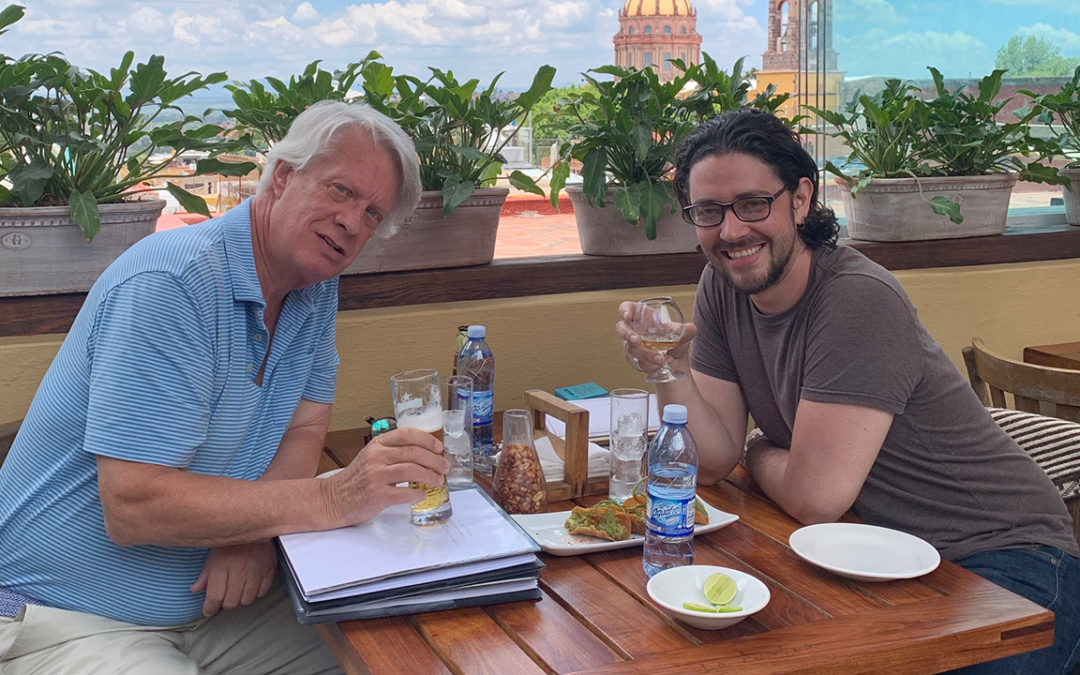
by Robert Bowie, Jr. | Mar 22, 2022 | FringeNYC, General, ONAJE, Operetta, Personal, Plays, Travel
Last Friday afternoon I took the train to New York for the sole purpose of seeing Christian De Gré Cardenas for dinner. The following morning I took the train back home to Baltimore. The only reason for that trip was because he is a friend I just had to see.
It was also a very personal post-Covid-lockdown tip of the hat to celebrate my belief that change is a gift from God.
After my first career as a business trial lawyer I decided I wanted to enter the professional world of theater in New York City, if I could in my late 60s and early 70s.
The only way to get across a chasm so deep was to jump.
Because I was old and no one would read my scripts, I decided I had to take an alternate approach. I decided to use my background as a lawyer so I read all the legal contracts required to be a producer and I took a class in producing theater.
All the young future producers started to ask each other what they wanted to produce. When it came to me I would say: “Nothing. I want you to produce me.”
After I had taken an introductory class at the Commercial Theater Institute in New York, I got a chance to go to the O’Neill Conference in Waterford, Connecticut for an advanced class so I could meet the future big shots.
That trip was a life changer. I hit a gold mine. I met three people within 24 hours who would change my life forever and are my friends to this day: Christian De Gré Cárdenas, Sue Marinello, and Aaron Sanko.
Today I want to talk about Christian and how he has changed my life for the better.
We both got off the northbound train from NYC in Connecticut in the early evening. We were picked up by a van driven by Aaron Sanko, who transferred us to a small motel where we would stay during the conference.
Aaron and Christian knew each other from the New York theater world. I was the old guy in the backseat who didn’t know anything or anybody who had instantly become a groupie.
The next day, Christian and I would be in the same class with Sue Marinello, and we have been bound together with Aaron Sanko ever since. I will talk more about these, my collaborators and friends, as we approach the opening of Mind The Art Entertainment’s (MTAE) upcoming performances, which will be premiering in April, July, and November in New York.
When Christian and I got off the train we looked like two Willy Lomans walking on stage in Death of a Salesman. After we were delivered to the motel and were waiting to register, I decided to talk to Christian and asked him if he would like to go get a drink after we checked in. He never got a chance to answer because the night clerk interrupted to tell us: “Forget about it. Everything is closed.”
Sue Marinello and I sat next to each other at the conference, and she committed to reading my play Onaje. Shortly thereafter, Christian suggested we apply to the upcoming New York Fringe Festival.
After the remarkable success of Onaje, Christian offered me a chance to write Vox Populi, his final operetta in a series based on the seven deadly sins. I immediately accepted and we agreed to meet at a restaurant in Spanish Harlem next to his apartment, where we would sketch out the plot and talk about the tone and temperature of this comedic operetta.
We had the restaurant to ourselves and the waiters brought us food and mescal throughout the afternoon, until the restaurant was set up for the dinner crowd to come in. It was magic.
I went back to Baltimore and went to work at a feverish pace and completed a rhyming rollicking first draft that Christian liked. He invited me to go to San Miguel de Allende, Mexico, to marry the music to the words.
Each morning we would get up and go to a little breakfast place that had a wide open garden with a little pond, a beautiful flowered fence, and a balcony with tables for breakfast. We were often alone as we started our day of work.
During breakfast we would go page by page editing the draft, and in the afternoon Christian went to work writing the music while I made changes to the script. Later in the afternoon, Christian would play back the music he had created. In the evening we went to magnificent restaurants in San Miguel and drank more mescal.
Around the plaza and the magnificent church, mariachi bands would sing for the locals, as well as the tourists, and we would walk the streets and listen for music coming from the rooftops. When Christian liked the sound overhead we would enter, go up the stairs, order another drink, and listen until we moved on to the next venue. It was magic.
When we got home at night Christian would go back to work, and in the morning, before we went to breakfast, he would play back what he had composed the night before.
This routine went on for well over a week and somewhere during that time we became brothers in creativity and laughter, and deep friends.
It is amazing how we all step in and out of unique worlds as we change careers or grow older. In my case, as my second career evolved and as I grew older, I stepped into an amazing world of people and experiences that have made me richer and more fortunate.
Unlike any profession I know of, the theater welcomes humanity into an opportunity for friendship in a way somehow the world cannot achieve.
During our dinner in New York last Friday, we were talking about something but I can’t remember what. I just remember Christian looking up straight into my eyes in a moment of surprise and saying: “Do you realize I am exactly half your age?”
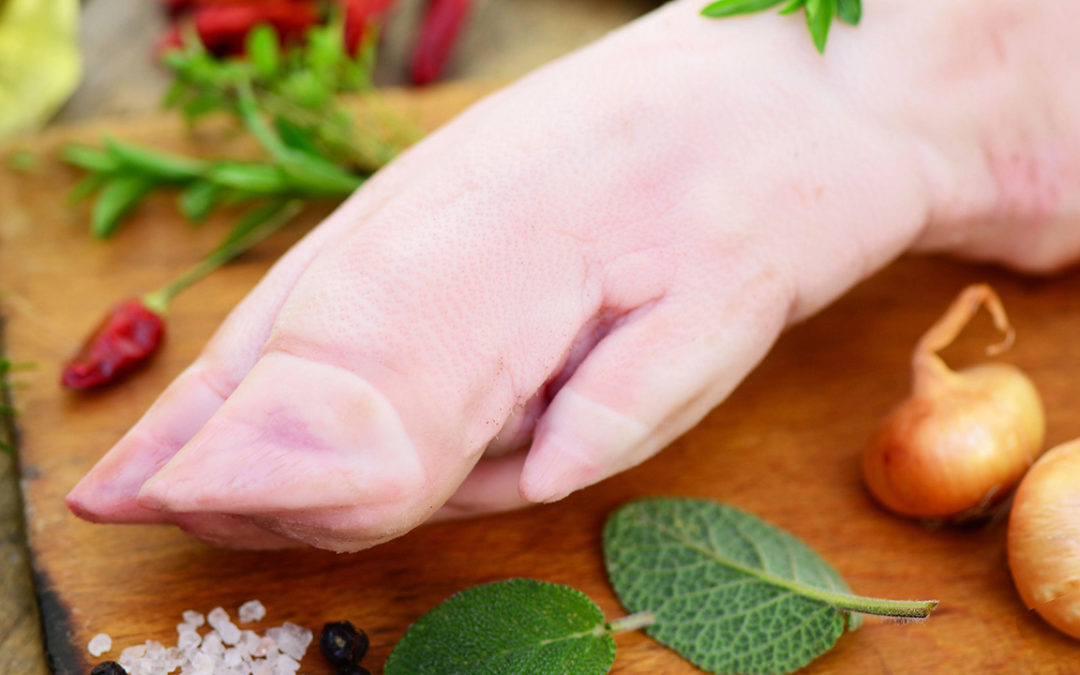
by Robert Bowie, Jr. | Mar 15, 2022 | Featured, Personal, Travel
Over five years ago at the suggestion of a theater producer I started this blog. The idea was to build an audience by writing about my efforts to become a playwright as a second career after others my age had surrendered to golf.
In October of 2018 I got off to a good start with great reviews for Onaje at FringeNYC, but then in March of 2020 Covid shut the NYC theaters and I have been forced to report on other subjects as I have waited for the theaters to reopen.
But something wonderful has happened because of this misfortune. It has become another wonderful wake up call.
Two days ago, I found out that my friend Krzysztof saved a family last week at the Ukraine border of Poland.
Over ten years ago, I met Krzysztof at a Harvard Alumni Association gathering in Berlin. He was sitting in the hotel bar waiting for our bus to take us to a reception. I think it was the first alumni meeting he had ever attended. He didn’t know it, but I would be his friend before he was mine.
He stood out because he had all the crimson alumni materials and had decorated himself with a Polish flag as he held a drink in one hand and smoked a European cigarette with the other. I joined him, and to start a conversation I asked him what had brought him to Harvard.
He told me that after high school in Poland he had traveled as an immigrant to New York and was working in a Polish deli when a Harvard business school graduate came in to buy a sandwich and was talking about how wonderful Harvard business school had been for her.
Krzysztof had been enchanted by what he had heard but buried the idea as an impossible dream. Still, he did decide to go up to Boston and crossed the bridge over the Charles River to at least look at the Business School. He made up his mind, he said, and to memorialize his commitment he dropped a coin into the river from the bridge before he took the train back to NYC.
Krzysztof has a mischievous sense of humor and is one of the most gregarious fun- loving and generous people I have ever met but under that levity he is Incredibly determined.
He decided to try to get into College in New York and after he did well,while still working and, after he graduated, he applied to the Business School. He got in. Loved it and returned to Poland and had a very lucrative business career.
We rode the bus together to the reception and continue talking side-by-side during dinner. We were not friends yet.
After his success in Poland he decided to bring young Polish students to Harvard and other great American universities in order that his countrymen and women could experience the joy and opportunities he had received from his own experience.
Since then, he has been remarkably successful over the last decade. He has set up scholarships, written introductions, encouraged highly talented Polish students to apply, and encouraged America’s best universities to accept them. He has succeeded in bringing hundreds of these students to study in our country.
But that is not the reason I became his friend. Later that night we drank vodka and he introduced me to the joy of pigs’ feet. After the pigs’ feet and more vodka I happened to think it was a good idea to agree that whomever’s daughter was married first the other of us would attend the wedding. It was pretty late at night.
My daughter married years ago and he received an invitation from me. According to my daughter, he was the life of the party, and I’m sure he was because I had gone home well before that party ended.
My daughter remembered him well, and last week she asked me if she could contact him to ask his advice on how she could help a friend of hers and her husband and their two small children who were in Ukraine, who were walking to the border of Poland.
Krzysztof immediately responded and committed to bringing the family across the border himself, finding them, getting them a hotel room, as well as medical treatment for their young daughter, who had become very sick as they had walked to Poland, all at his expense. I’m never 100 percent sure but I’m sort of convinced that along with his profound kindness it is his mischievous side that ignites his generosity.
Krzysztof was true to form because be was Krzysztof.
The thing I often tend to forget is, in a world of constant tragedy there are people who, for no reason other than what they find in their souls, are kind to one another. They are better than I am. But I am nurtured by them as true friends.
When I heard the story about Krzysztof I was pondering what to write about this week. It occurred to me that Krzysztof is like the friends with whom I have been reacquainted, or new friends I have yet to meet, as this blog has gone off track. All these hardships have brought us together in an odd existential way.
It is wonderful when things go off track in order to get us back on track. It occurs to me now, I’m not really all that sure Krzysztof has a daughter.
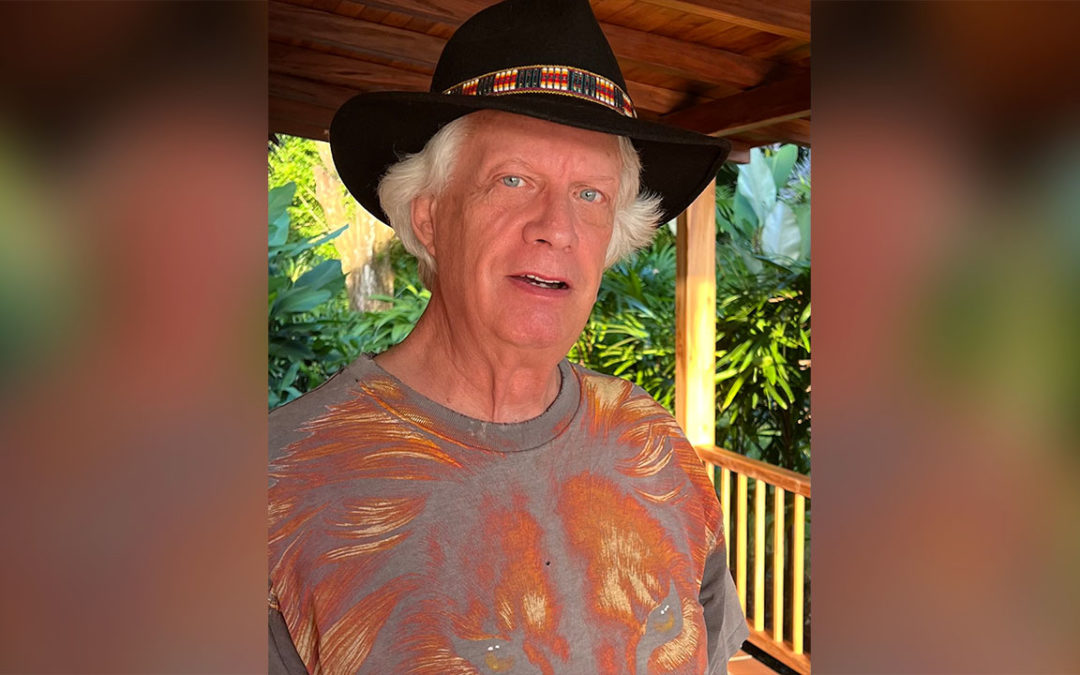
by Robert Bowie, Jr. | Feb 1, 2022 | Featured, Personal, Travel
For the last two weeks, I have posted about a trip I took 35 years ago to Drake Bay along the uninhabited rainforests of southwestern Costa Rica. I had met a young boy, Raphael, who took me scuba diving and fishing for little over a week while I stayed at an isolated lodge I had found down there. On the last day, I told him he could go anywhere he wanted and I would go with him.
He jumped at the chance to go way out into the Pacific to fish for the giant pargo in a tiny Boston whaler. It was the most frightened I have ever been.
Last week, during a trip to Bosque del Cabo, two hours south of Drake Bay, I committed to seeing if I could find Raphael. The driver who picked us up at the little airport at Puerto Jiménez agreed to take Susan and I up the coast through the rainforest if I could first locate Raphael.
Within two days, the assistant at the lodge had found a lead that Raphael, who would be around 55 years old now, had helped to build one or more of the new lodges that now populate Drake Bay. The assistant made phone calls and emailed these new lodges over the next few days, but we were still not able to locate him
With only three days to go, I booked an offshore fishing trip out of Puerto Jiménez to make my own inquiries about Raphael, and to determine how far we really had gone out to sea before we lost sight of land that day and night.
We left around 7 o’clock from Puerto Jiménez in a covered boat about three times the size of the Boston whaler Raphael had used. The captain was about 35 and his mate was about the same age as Raphael was when we went out to sea years ago.
There was only one other boat going out that morning. The two were in radio contact in search of tuna and sailfish throughout the morning. We watched for the gathering of birds diving into the ocean, feeding off squid or schools of fish driven to the surface by the dolphins. These schools would bring the tuna and sailfish, which we wanted to catch.
It was a beautiful day. The cumulonimbus clouds climbed into the sky over the shoreline as we traveled out on a slow rolling tide. Around 11:30, we hooked an 80-pound yellowfin tuna which took about 25 minutes to land.
The shoreline was still visible at 10 miles out. I asked about Raphael, but the captain didn’t really know anyone all that well as far north as Drake Bay.
Before we left, I had asked the resort owner’s assistant to keep trying to locate Raphael. My time was running out. I had only one more day before we had to leave at 5:15 in the morning to get on the only plane leaving Puerto Jiménez for San Jose, take the mandatory COVID test at 8:00 to ensure we could return home on our Delta flight at 2:30 that afternoon.
As we arrived at the dock to meet our ride back to the lodge, I unexpectedly saw the assistant was also at the dock. After we loaded the tuna into the back of the truck, the assistant was strangely quiet as she rode in the passenger seat next to the driver. From the backseat I asked if she had been able to set up our meeting at Drake Bay. She paused, turned her face toward me, and winced as she looked back at me. “He is dead.”
After the long and bumpy ride back to the lodge, I asked Susan wouldn’t it be easy just to lie about that?
I decided that I would pay our bill early, rather than before our exit the following morning. I wanted some time with the assistant so that I could cross examine her indirectly about the seriousness of her inquiries.
When we met, she went very carefully over the bill and the tips we had designated for the staff. She meticulously double checked the math in a way that sadly made me realize how careful and professional she was.
I asked her about what her most recent research had revealed and she confirmed the care that she had put into trying to find Raphael. She pulled out her phone and played back the voicemail reply she had gotten from an old guide who had retired from her work in Drake Bay years ago. The assistant translated each sentence from Spanish into English as she played it back.
The caller explained she had been in the back of a taxi cab in San Jose several years ago with a driver who asked where she was from. When she said Drake Bay, the driver told her he had grown up there. He said his father was a carpenter who had built several buildings as they went up around Drake Bay, including the first lodge that had been constructed there in 1985. His father and mother were one of the first families to populate the southwestern stretch of the Pacific and rainforest around Drake Bay. His father’s name was Raphael.
I persisted and told the assistant I would be willing to meet the cabdriver at the Delta terminal in San Jose after my Covid test. I would feed him lunch and also give him about $100 in colóns as a friend of his father in the hopes that he would meet me.
She agreed to keep trying.
The next morning, we took the early morning flight, did the Covid test, and checked the bags, but I did not go through security at the international airport. I sat on the floor next to the Delta desk.
I waited and waited at the Delta terminal until there was no time left. I went through security and as I boarded the plane to leave, I gave my remaining Costa Rican currency to an unexpecting vendor and asked nothing in return.
It is so easy to lose people and so hard to find them.
Even if I had been successful, I’m sure his son would have pocketed the money and returned to his cab and his daily life.
Thirty-five years ago, there was something courageous and determined about Raphael’s refusal to cut the line and return to safety — and I had refused to stop him.
Looking out the plane window as we took off, I thought even when he is completely forgotten he will be safe and respected in my memory.
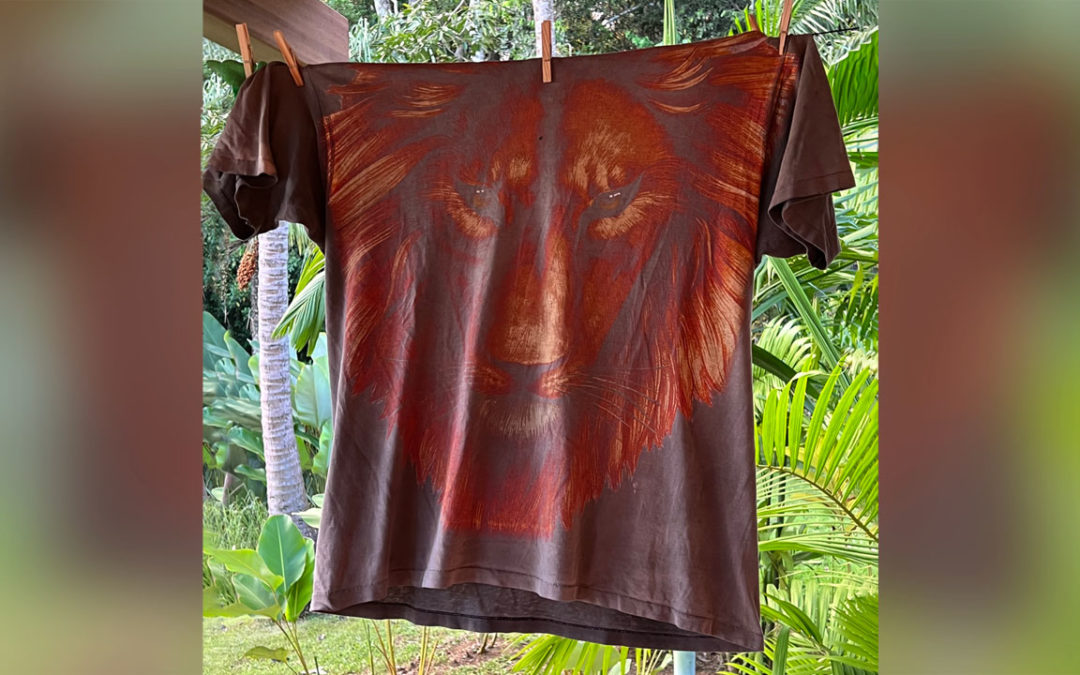
by Robert Bowie, Jr. | Jan 25, 2022 | Featured, Travel
Last week, as I anticipated our visit this week to the southwestern Costa Rican rainforests, I posted about a fishing trip that I had taken from a solitary lodge down there over 35 years ago with a guide named Raphael.
We had become friends back then because we took risks and, on the day before I left, shared an incredible, terrifying adventure. We went way out into the Pacific and into the night in a little Boston Whaler and almost didn’t find our way back.
But people get lost when you return to civilization and you get sucked back into the day-to-day and the years compound.
A friend responded to the post suggested I try to find Raphael on this trip. I decided to try to find Raphael if I could. It was a real long shot. All I had was his first name. Would he still be there? Would he even remember me? Was he even alive? Basque del Cabo, the wonderful place where Susan and I are staying, is about two hours south of Drake’s Bay where I met Raphael.
Yesterday, we flew south from San Jose to the little air strip at Puerto Jimenez and were picked up by a four-wheel drive Jeep to go further south to our destination.
Could I even find a way to get to Drake’s Bay if I found him?
On the ride, I recited my story of my trip thirty-five years ago to our driver and asked if there was any chance we could locate Raphael after all these years. The idea piqued his interest and he volunteered to get me to Drake Bay if we could locate Raphael.
When we arrived at the lodge, I told my story again to the owner and he also was intrigued and immediately called on his assistant to see what she could find.
After some preliminary research, they told me what I expected. The expat who owned the place I had stayed in at Drake’s Bay had died and the place had been sold but was still around. Over the last thirty-five years, a few other lodges were constructed on Drake’s Bay. Perhaps Raphael had stayed to helped build them and was still around.
Yesterday after breakfast, I was told they thought that they had found Raphael but were waiting for confirmation. If they have the right Raphael, he worked as a carpenter to help build the new properties. He was about 55 years old, but they had not determined if he was still living down near the bay. They said this man had a son who was a cab driver in San Jose. Perhaps he had moved up there.
Before we left Maryland, I had asked myself how could we recognize each other and it occurred to me that I had saved the raggedy old lion shirt in which I had fished and scuba-dived and pretty much lived in down there. I photographed it and packed it just in case I thought I found him.
I’ve got a driver and my old shirt ready and a lead which seems promising.
It is so easy to lose people and so hard to find them.
I should know in a day or so.
I will report the end of the story in next week’s blog, when Susan and have returned to our snowy, below-freezing home in Monkton.
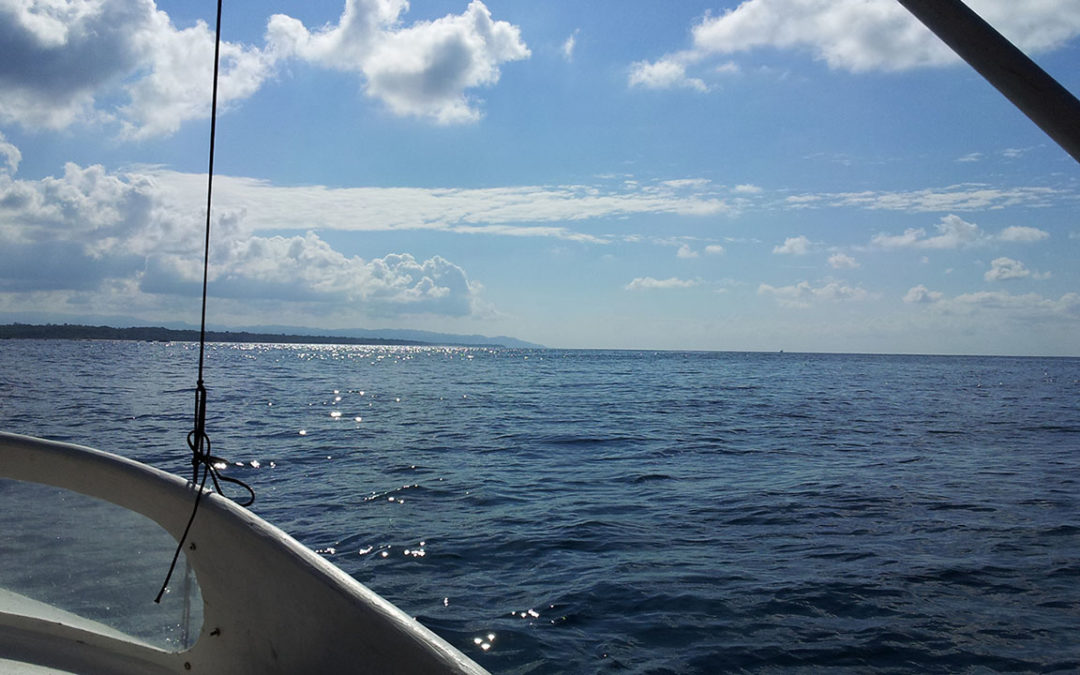
by Robert Bowie, Jr. | Jan 18, 2022 | Featured, Personal, Travel
As a young man my heroes proved their courage by welcoming and taking on great risk. I am amazed at how my heroes have changed over time.
In a few days, Susan and I will fly to the Osa Peninsula and the rainforest of southwestern Costa Rica. This will be the first trip there for Susan, but for me it will be a reunion with a place where I experienced real fear for the first time in my life.
In the late 1980s, I decided to go to Costa Rica to find the deepest rainforest I could find. I wanted an adventure and to be left alone.
I flew to San Jose, spent the night and got a little plane to fly me to a grass runway to be transported by a crazy American expat in his little boat to go down a muddy river to the Pacific and then south along the virgin jungle coastline to a remote lodge he had put together in the Corcovado rain forest.
The place was run by a small family for the expat. I knew I was in for a great adventure because the expat had a huge untrimmed beard and claimed he had a wife in Texas and a wife in Costa Rica and immediately told me, quite confidentiality, that he was an operative for the CIA. He had some issues. The place was empty except for me during the entire week I was there.
That is where I met Raphael, the teenage son of the farming family that managed the place when it was not the rainy season. He was assigned to take me fishing and scuba diving in a tiny Boston whaler.
Raphael had to pump the scuba tanks with a gas-powered compressor and catch our bait before we went out each morning to dive to find shark caves, fish offshore past Caño Island, or to go up the rivers to live within a world of howler monkeys that threw sticks at us from above and massive blue morpho butterflies and macaws that flew around us as we traveled into the rainforest.
Rafael did not like diving because he was afraid of sharks, which he claimed had killed a married couple the year before. I fashioned myself as a bit of a daredevil so I told him I was not afraid.
On my last day there, I told Raphael he could go wherever he wanted and I would go with him. Neither of us knew the other’s language but he told me he wanted to fish for giant pargo offshore out way past the island, where the drop off brought the big fish to feed in the current. All we had was light tackle. These fish can grow to as much as 40 pounds and tend to go deep and run. I’m pretty sure that Raphael did not share with his parents what we were going to do.
We packed extra water and cold beer and some sandwiches. He brought an extra tank of gas. We left in the late morning and easily caught several mackerel for bait. Rafael cut them in half and secured them on our hooks as we motored out into the Pacific. We went way out further than we had gone before. When I lost sight of land for the first time, I became a little afraid. After a while, Raphael switched the gas tanks.
I was at the bow of the boat and Raphael was back at the motor. We sat silently for several hours without a bite. As the sun started to go down, I wanted to go home. We had not seen land for a couple of hours by now. I became a little more afraid as we drifted with the current but I kept it to myself.
As the dark came, I waited and then looked back at him but his rod was bent over and when he looked back he grinned and said one word: “Grande!”
The fish was running deeper and deeper and heading further out into the Pacific. Now I was frightened, but told myself it could be I was just out of my element and I just should trust Raphael.
Raphael, on his unexpected day off, was too excited to give in to the fish. The stars started to come out and we kept being pulled out to sea. The night came, and Raphael kept reeling in the fish and then letting more line go out until there was no line left but his giant fish would not tire as it kept pulling us deeper and deeper into the dark.
The sea was calm and with the dark I had no sense of which direction the land was anymore. The moon rose in the night sky. There was a blanket of bright stars above us now and nothing but silence and the lapping of the gentle waves against the side of the boat until the line broke.
As we prepared to go, we threw the remaining mackerel overboard and the phosphorus all around lit up as our discarded bait was devoured by surface fish.
Raphael pulled the cord to start the boat but it wouldn’t start. He tried and tried again but the motor would not start. We had already used the extra tank of gas to get us out there. We were drifting in the dark with the stars above us as we were taken by the tide.
I said nothing. I was deeply afraid, but was I wrong to be? I didn’t think so.
Raphael tried and tried again until finally there was a sputtering and the engine died and then when Raphael tried again it started. He cautiously revved the engine several times and after examining the stars he then turned the boat and headed toward what I hoped was home.
Despite it all, it was stunningly beautiful. As we skimmed across the water for more than an hour, we lit up the phosphorus around us. Dolphins joined us on both sides of the boat with the glowing phosphorus trailing behind us as we careened over the water with the stars stretched over our heads.
Raphael kept checking the stars.
I was certain we were lost but Raphael refused to show fear. Was I overreacting? Finally, a dim light appeared in a shadow that must be the edge of the rain forest. The lights of the little lodge were all on and there were flashlights coming from the little dock.
As we got closer, I could see several people standing silently on the dock holding the flashlights and pointing them out at the sea. We had no running lights so it appeared they were guiding us into them. We slowed the boat and pulled up to the little ladder.
I felt foolish that I had been so afraid and accepted the hands offered to me as I climbed the ladder and stood on the dock.
Raphael tied up the boat and when he climbed the ladder his mother greeted him and slapped him harder than I’ve ever seen anybody hit before in my life. His family had been waiting ever since the sun went down. I was later told it had been hours of uncertainty.
When I visit Costa Rica this time I am sure that the virgin rainforest will have other lodges now but I have also changed. My heroes now are common people as they almost invisibly care for others.
I have come to understand better now the fear that boy’s mother felt as she waited on the dock in the night and shined her flashlight out at the sea.
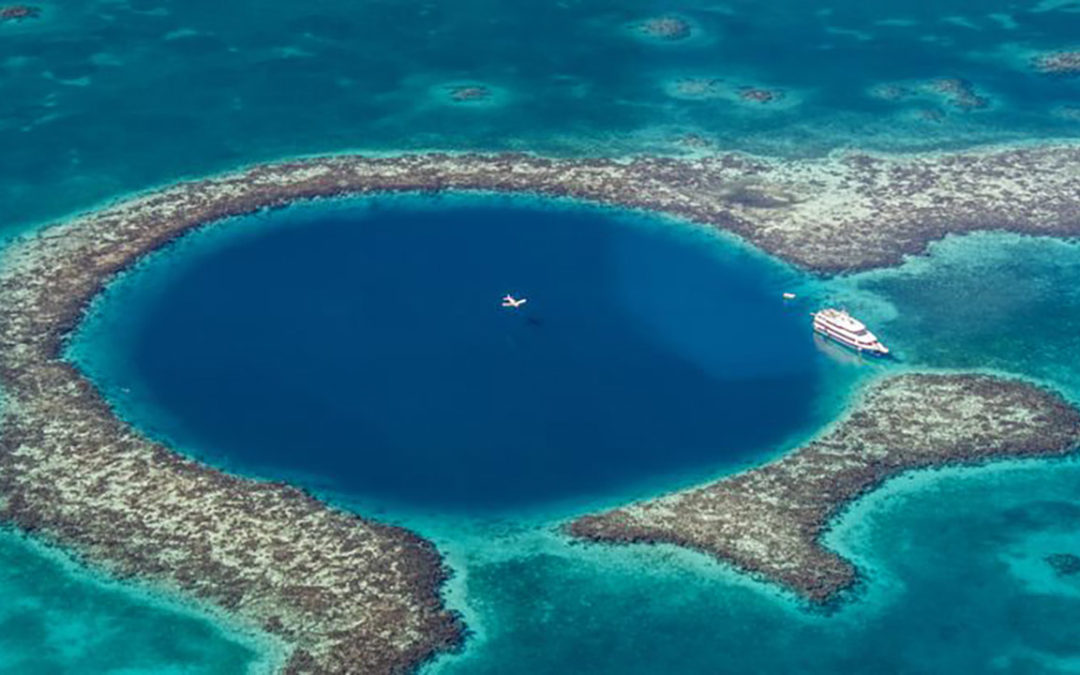
by Robert Bowie, Jr. | Jul 7, 2020 | Poetry, Travel
chum, chummed, chum·ming (verb)
To fish by attracting fish by dumping cut or ground bait into the water.
The Blue Hole of Belize
Was I the fool of this sinkhole of the sea
Or its pupil in this aqua ocean?
As I fly home, it looks back at me
Without memory or emotion.
Three days ago, while taunting me, Miguel
Said: “You dived it but not with me before.
I dive it deep. I dive it right to Hell.”
He took my money but wouldn’t tell me more.
Off the boat, with Miguel still behind,
We checked our gear and descended into cold,
Deeper, darker, to fear of a different kind:
Sharks. Hundreds of then. Darting from the shadows.
At the boat Miguel offered a helping hand,
Laughing. ”You understand? We chummed it man.”






